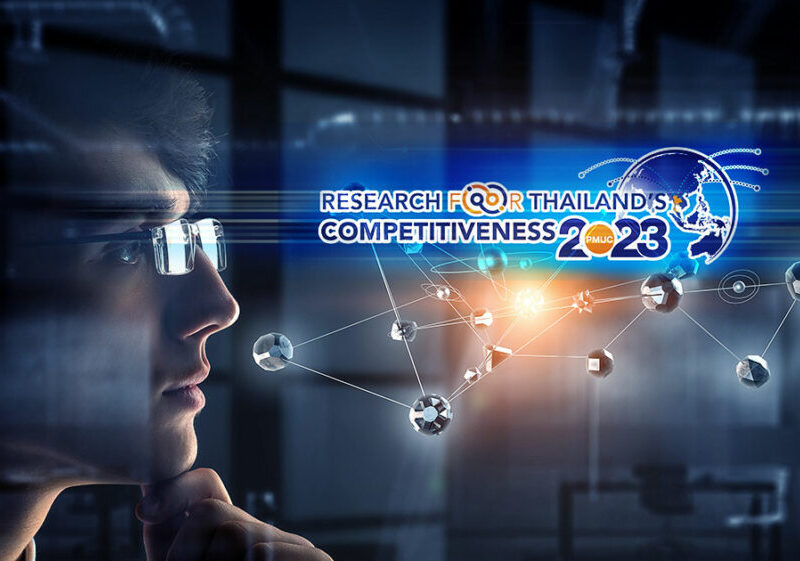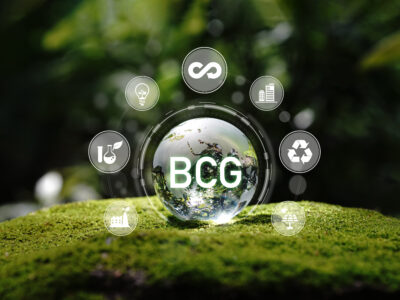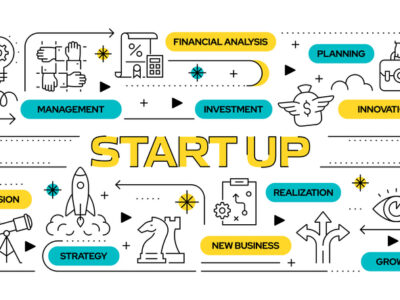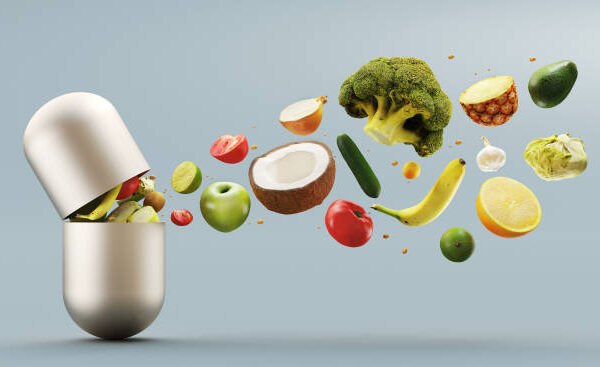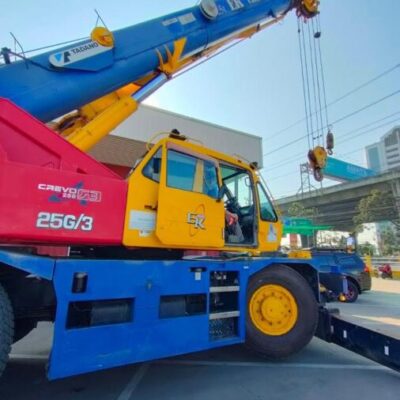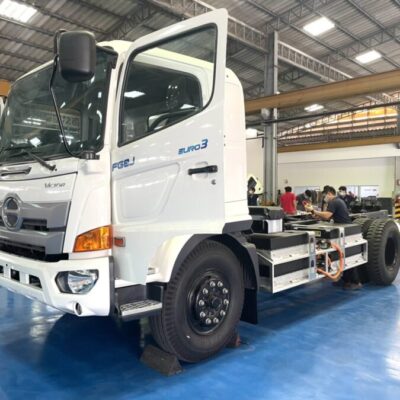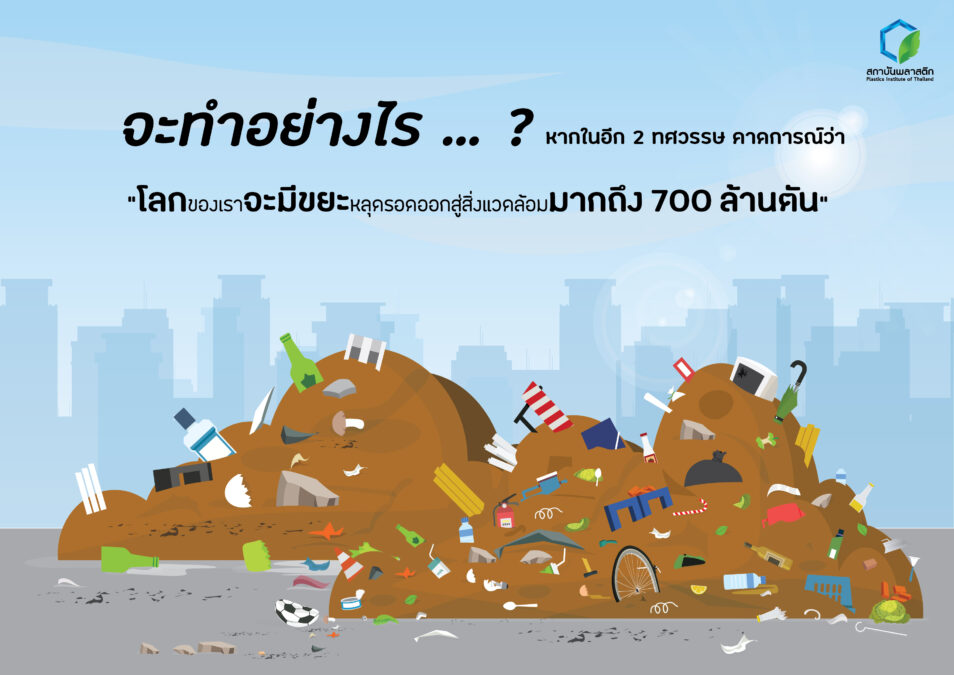
‘The business model-style development project for plastic waste management following the principle of “circular economy in the inner city area’ is a research project that resulted from the push and funding support from the Program Management Unit for Competitiveness (PMUC), Science, Research, and Innovation Promotion Fund.
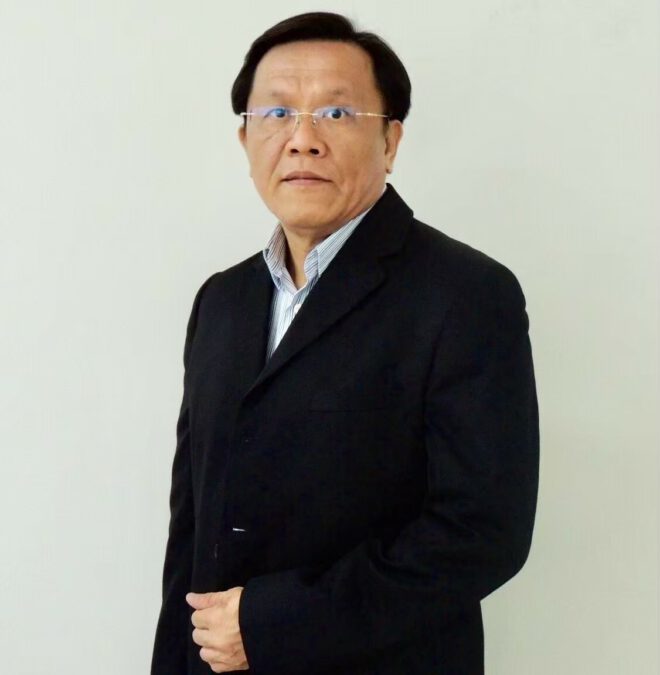
Mr. Weera Kwanlertchit, director of the Plastics Institute and project leader of the business model-style development for plastic waste management, using the concept of circular economy in the inner city area, said about this research project that the main objective is to know the impact of location and the surrounding environment on plastic waste management, as well as to echo the national initiative on BCG (Bio-Circular-Green Economy Model) of Thailand.
As for the research process, it will be a study on the behaviors of consumers in Pathumwan, which is an inner city area and a large community, targeting consumers in the Siam Piwat area, namely Siam Paragon, Siam Center, Siam Discovery. The study will focus on consumer behaviors stemming from personal and environmental factors, such as being in a house, condominium, office, shopping center, etc., which will naturally influence behaviors relating to disposal of plastic packaging, and plastic waste segregation. The aim is to analyse and create an understanding and find a motivating tool to change the behavior of plastic waste disposal and to promote correct sorting techniques, according to the principle of recycling, known as Sort at Source.

Mr. Weera added that the second part is the Value Chain and Supply Chain as part of the whole recycling process, which need to be modified to have higher quality and standard. The recycling process can be separated into 2 types: Mechanical Recycling and Chemical Recycling, where plastic waste is brought into the chemical process resulting in petroleum output, which, when introduced into the refining process, will add further value. After that, the research team will summarize the lesson and use the results of the study to develop and formulate a business model for sustainable operations. This will help to slow the increase of plastic waste getting out into the environment and encourage the delivery of plastic waste into the recycling system. A platform application was also designed to link and support all information.
However, Mr. Weera assessed and predicted that the results of this research project will help increase the recycling of plastic waste in Thailand to approximately 2,190 tons per year. He also expects that the research will bring about change and innovation in 1. Consumer behavior, which is the source of plastic waste. Educating the public about choosing the right plastic packaging and knowing how to properly separate waste and where to dispose. 2. Standard waste sorting center especially plastic waste or plastic packaging that is perceived as being of low value and improperly discarded, all of which can be sorted and collected for delivery to a well-managed recycling plant; and 3. Recycling plants which can be improved to have an efficient and environmentally friendly recycling process, leading to the innovation of recycled plastic pellets, known as PCR plastic or Post – Consumer Recycled, which are recycled plastic with high quality and standards. This will help to enhance the management of recycled waste and create value in a truly circular economy.
When considering the potential sustainability Mr.Weera said, research projects must meet the needs of the ‘Business Model’ by adhering to the principle of 3P, which includes “Profit” that helps to sustain all sectors. Next is “People”, where the people and society can prosper when businesses can meet the needs and expectations of this group. Lastly, “Planet”, where businesses will help to create value and change that will sustain the world.
As for the potential benefits that will occur, the project leader concluded that “The work will benefit everyone in the entire supply chain. The next step up is the society including consumers. And then the nation, as when plastic waste is brought back into a more efficient recycling process, management costs will be reduced, and the import of plastic scraps from abroad can also be reduced, including a better environment. Even the waste that is dumped into landfills In the future can also be brought into the recycling process.”

